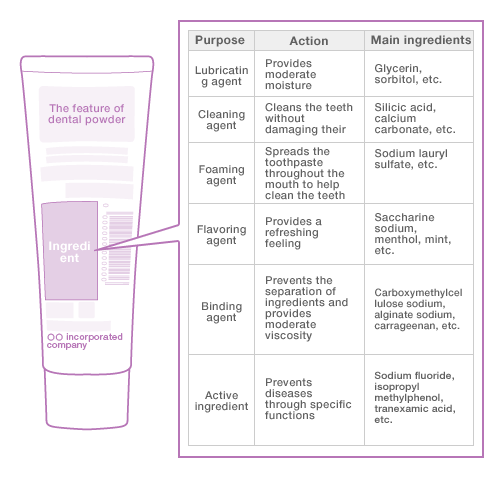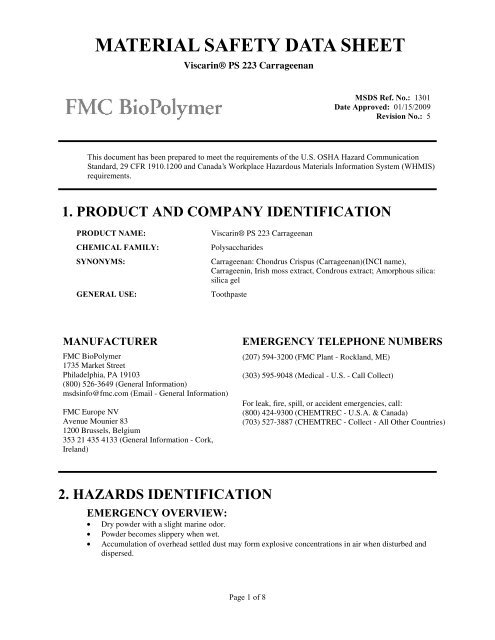Carrageenan Function In Toothpaste

The debate is still going on to know how much carrageenan is safe for humans to take in on a daily basis.
Carrageenan function in toothpaste. Scientists have found that carrageenan is having adverse negative health effects on the human body over years of consuming. Some types of fire fighting foam also use carrageenan which thickens the foam and helps it become sticky and more. It serves the same function as it does in foods to thicken and stabilize the product and make it smoother. Therefore carrageenan continues to meet the ofpa criteria for inclusion on the national list.
The unique chemical structure of the seaweed makes it an effective binder stabiliser and thickening agent. This is not something you need or want in your toothpaste yet nearly all toothpastes even ones in health food stores contain it. Research conducted in 1992 comprised of rats who were fed with carrageenans and poligeenan for up to 91 days. In this article we look at.
Carrageenan is a controversial food additive. It helps reduce pain and swelling as well as functions as a bulk laxative and treats peptic ulcers 5. Do you really care what color your toothpaste is. As a food additive carrageenan does not add any nutritional value or flavour.
Carrageenan also functions as a stabilizer for beverages that are more likely to separate. It s a natural ingredient that comes from red seaweed also called irish moss. Carrageenan is an additive used to thicken emulsify and preserve foods and drinks. It is fda approved but some scientists believe that it can cause inflammation bowel disorders and even certain cancers.
Carrageenan research links carrageenan to gastrointestinal inflammation including higher rates of colon cancer in laboratory animals. Other non food items like toothpaste personal lubricants and air freshener gels may also include carrageenan. Carrageenan has specific uses in an array of agricultural products and public comments reported that potential substitutes do not adequately replicate the functions of carrageenan across the broad scope of use. This additive is linked to intestinal inflammation and cancer even in small doses.













































